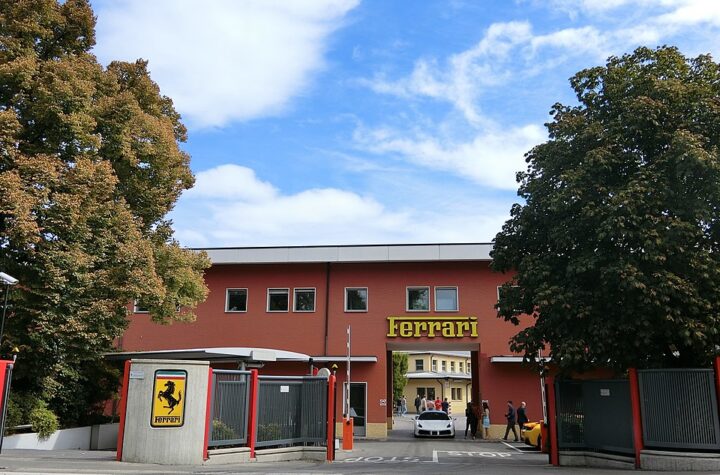
Israel has set itself an ambitious goal of reducing the country’s oil consumption by 60% by 2025.
On January 22, 2017, the government of Israel approved around US$71.7 million to be spread over five years to finance activities supporting the national plan for smart mobility.
The program has two main objectives: first, to strengthen Israel as a centre of knowledge in terms of smart mobility; and second, to promote innovative solutions for transportation in Israel. The national plan for smart mobility complements the national plan for alternative fuels. Some of the main steps of the program are establishing a testing centre for Connected and Autonomous vehicles, providing access to open source data and highresolution mapping in Israel, creating a Smart Mobility Research centre to encourage collaboration of academia and industry, supporting pilot demonstration and deployment projects in projects in new technologies and operational concepts in the transportation sector with the potential of lessening congestion, reducing traffic accidents, decreasing the use of petroleum and encouraging the use of public transportation. And creating a supportive and innovative regulatory framework. Behind the wheel of the program is the Fuel Choices and Smart Mobility Initiative, which hosts an annual Fuel Choices and Mobility Summit.
The Smart Mobility Initiative is a partnership of 10 government ministries: Energy, Transport, Economy, Environmental Protection, Science, Finance, Defense, Agriculture, Foreign Affairs, and the Prime Minister’s Office, which leads the Initiative. The scope of work performed by partners within the various government ministries and related agencies includes around 500 companies, 220 research groups, and hundreds of entrepreneurs. This scope is expanded internationally by the annual Summit. In early November 2017 it brought together the best minds in the world to discuss and brainstorm future transportation solutions that will not only be greener, but also safer and more convenient.
The event, which was hosted by Israeli Prime Minister, Benjamin Netanyahu, aimed to create a dialogue about the world’s most forward-thinking approaches to transportation technologies and future business models, and to promote Israel’s goal of reducing oil consumption. It included a cutting-edge exhibition of new and upcoming startups, as well as car manufacturers and alternative fuels companies at the forefront of implementing innovation in transportation. Side events at the Summit included a roundtable on Smart and Autonomous Public Transportation: Collaboration between Leading Cities in Israel and in Europe; and the International Cooperation in Transport under the EU Horizon 2020 Program – which discussed smart, green, integrated transport programs that are to be implemented by 2020.
Outside events included an exhibition in cooperation with EcoMotion focused on interruptive technologies and innovations in the fields of fuel alternatives and smart mobility.














More Stories
BlackBerry Unveils Strategic Relaunch of QNX Brand to Reinforce Leadership in Automotive and General Embedded Industries
Southfield Classics utilizes Ampere EV engineering to become the first manufacturer to achieve Low Volume Vehicle Manufacturer Certification
Sika – where battery storage technology for EVs, wind and solar meet